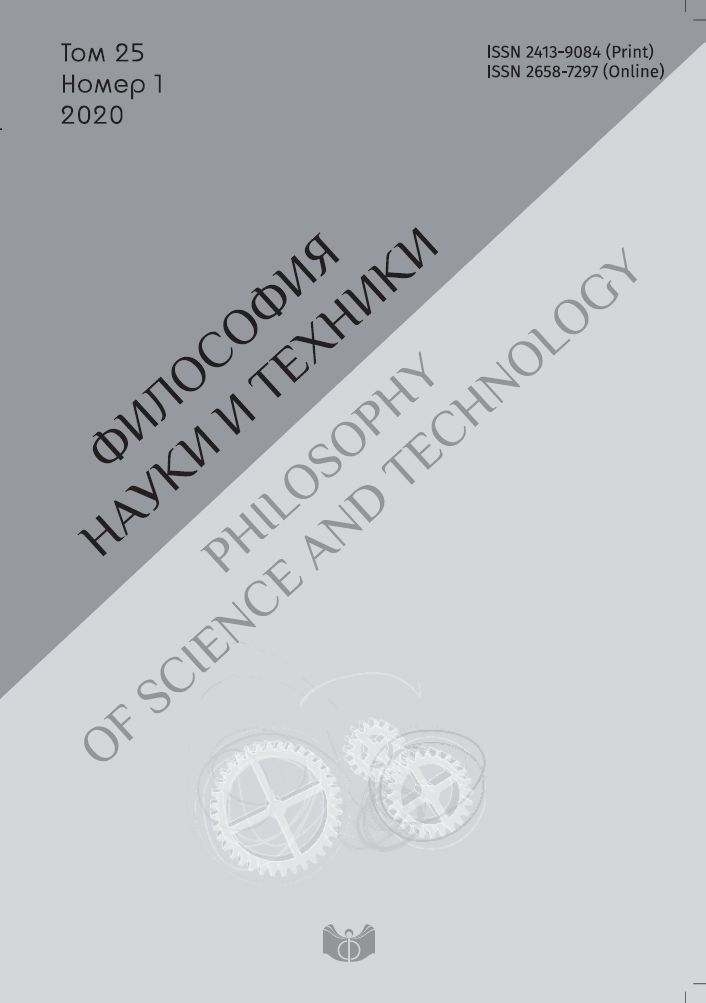Revolutions in mathematics: an old debate revisited. Part 2
DOI:
https://doi.org/10.21146/2413-9084-2020-25-1-5-17Keywords:
philosophy of mathematics, philosophy of mathematical practice, revolutions in mathematics, cumulativity of the development of mathematics, T.S. KuhnAbstract
This paper is the second (and final) part of a study of the debate concerning the existence and meaning of revolutions in the history of mathematics. The discussion in question has emerged in the 1970s and was inspired by T.S. Kuhn’s hugely influential theory of science. In the previous part of this study, an initial Crowe – Dauben controversy is considered. M.J. Crowe put forward ten “laws” concerning the evolution of mathematics with the final one stating that revolutions never occur in mathematics. At the same time, J.W. Dauben tried to support the occurrence of revolutions in mathematics. The story of the debate − which was famously summed up in D. Gillies’s 1992 edited collection “Revolutions in Mathematics” − apparently suggested that Dauben’s position entirely predominates over Crowe’s among the scholars; even Crowe was finally forced to acknowledge the occurrence of revolutions in mathematics. In 2000 B. Pourciau disputed such a view of the debate’s outcome, stressing that the overwhelming majority of the scholars who took part in the 1992 collection, happily married the recognition of revolutions in the history of mathematics with the strictly cumulative character of mathematics as far as mathematical results are concerned. In other words, they were talking about “revolutions” that cannot be called “Kuhnian”. It means that only the nominal victory is Dauben’s while the real one is Crowe’s. In this part of the study, a lot of additional material belonging to the debate is analyzed. This analysis corroborates Pourciau’s thesis and takes a closer look at the varieties of the “compromise” position accepting revolutions in mathematics on one level while rejecting them on the other. Some reviewers consider the debate on the revolutions in mathematics futile. Still, this study shows it to be highly instructive in bringing to light some ambivalent trends in the philosophy of mathematical practice.











